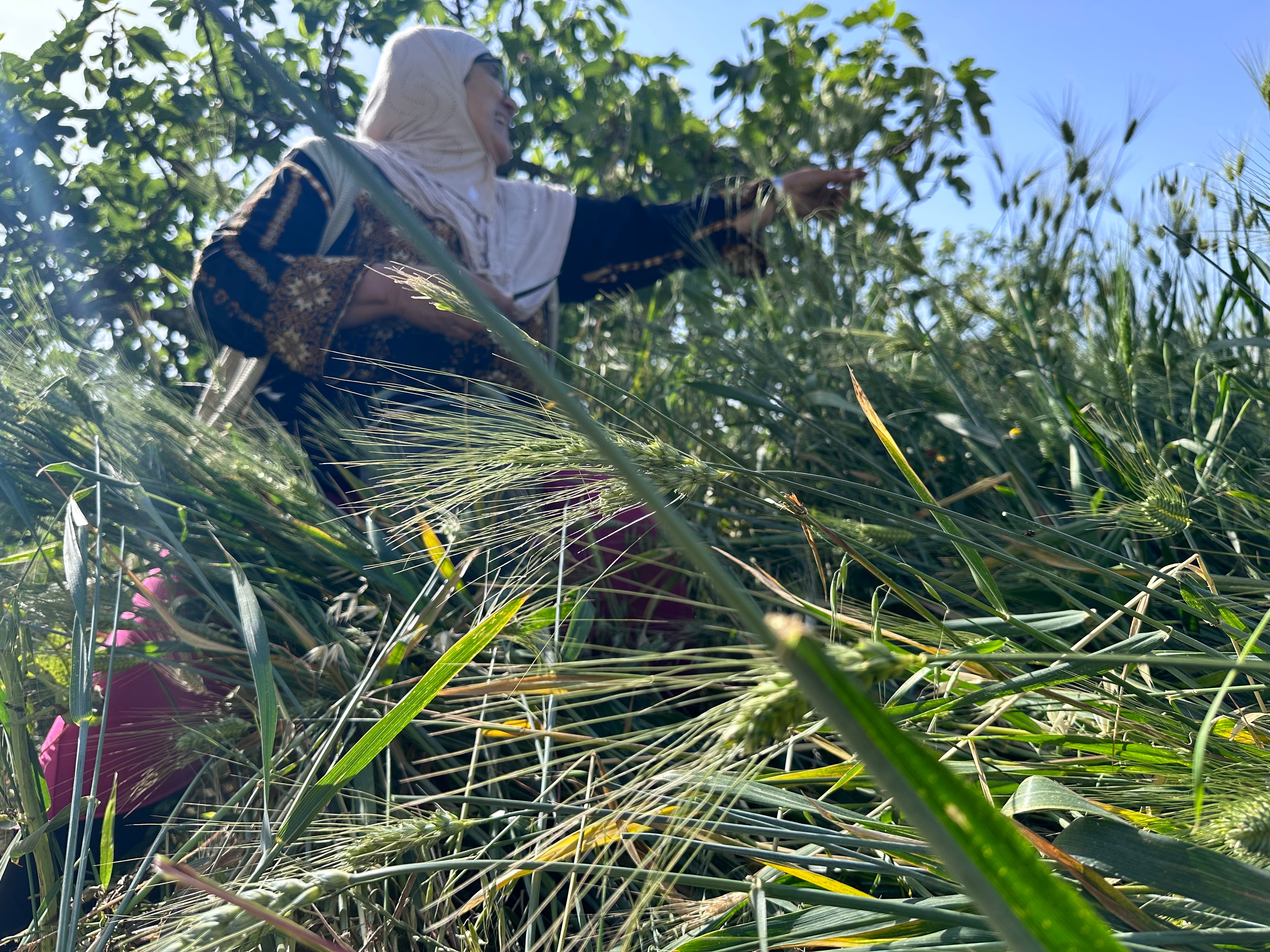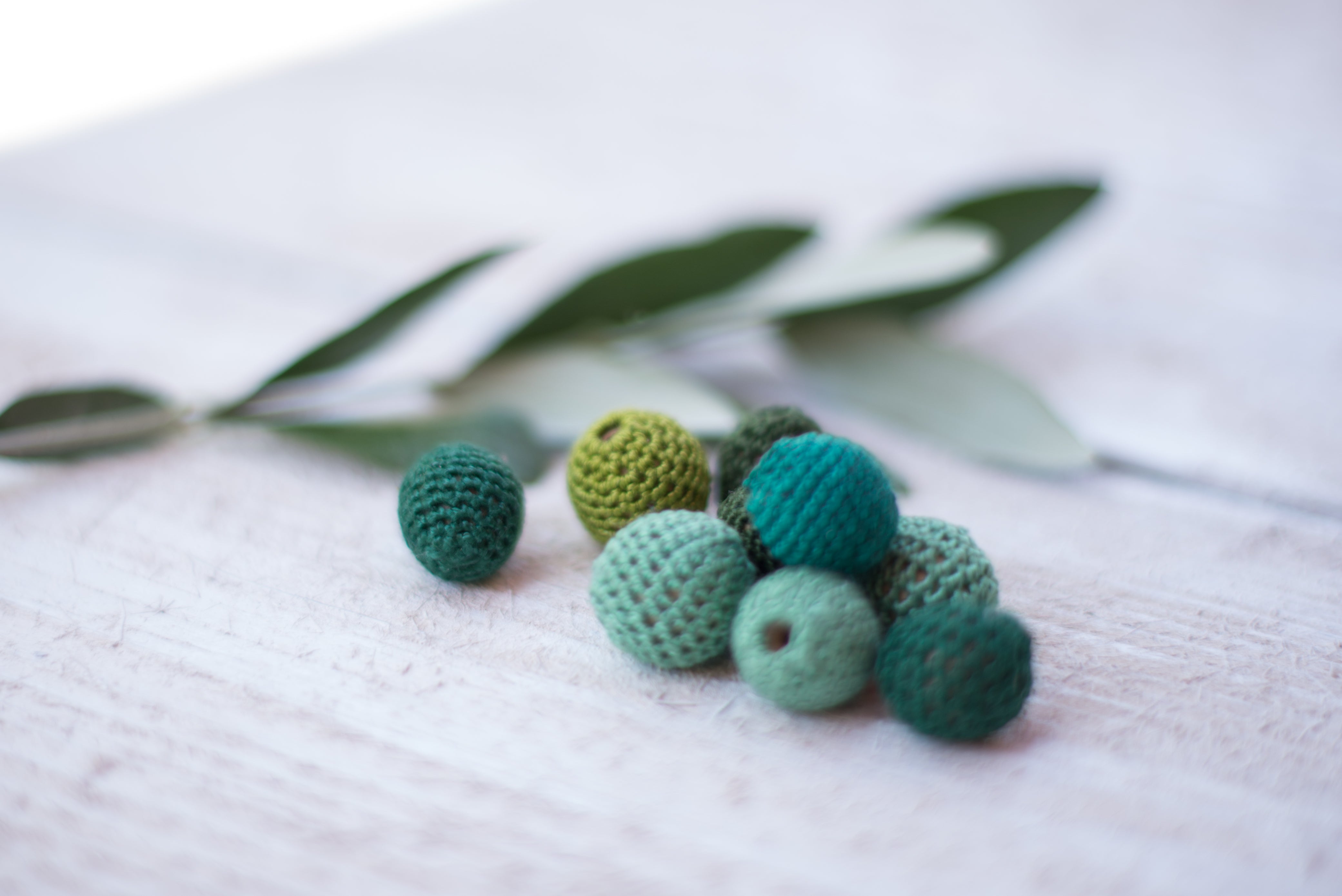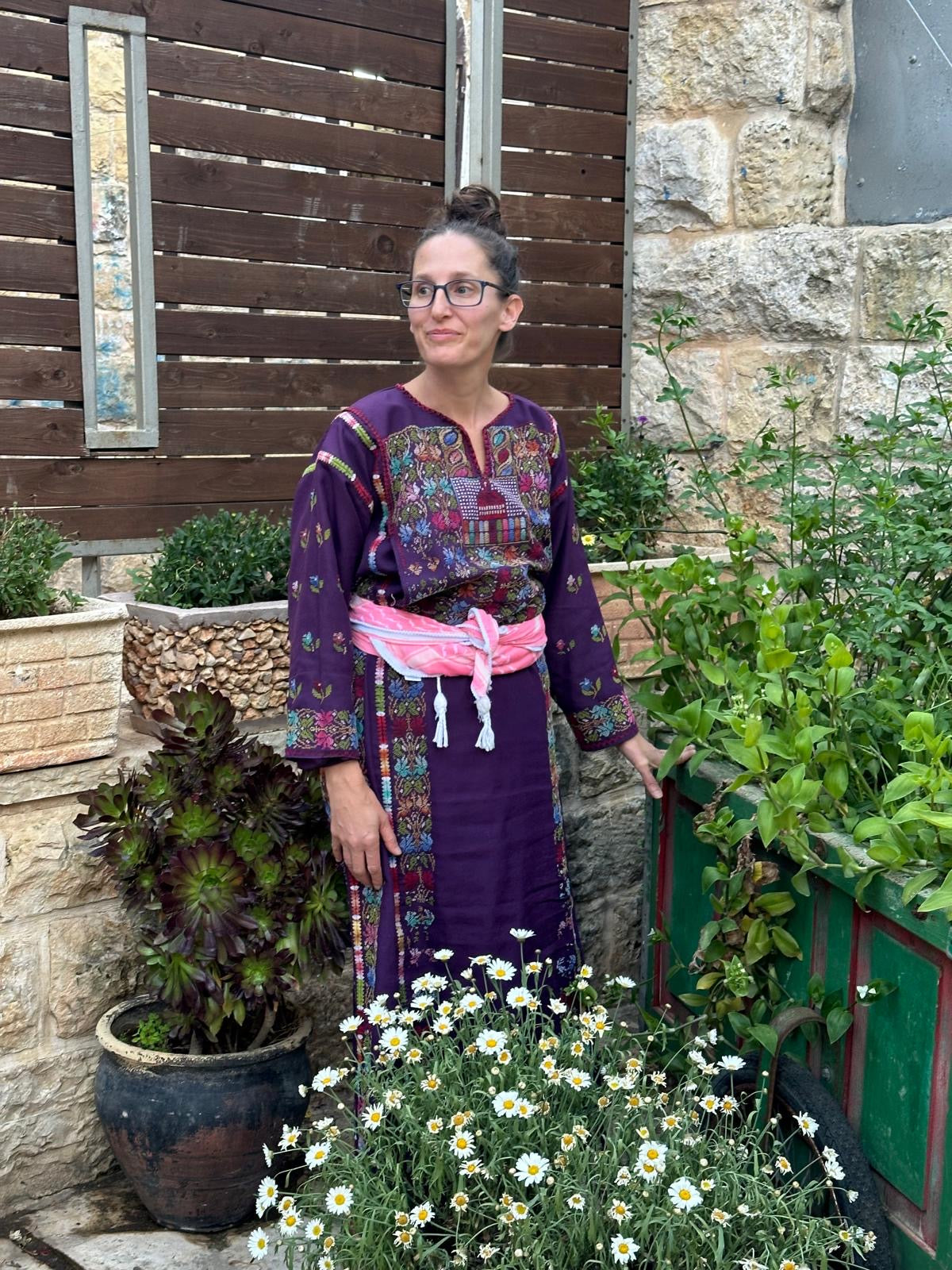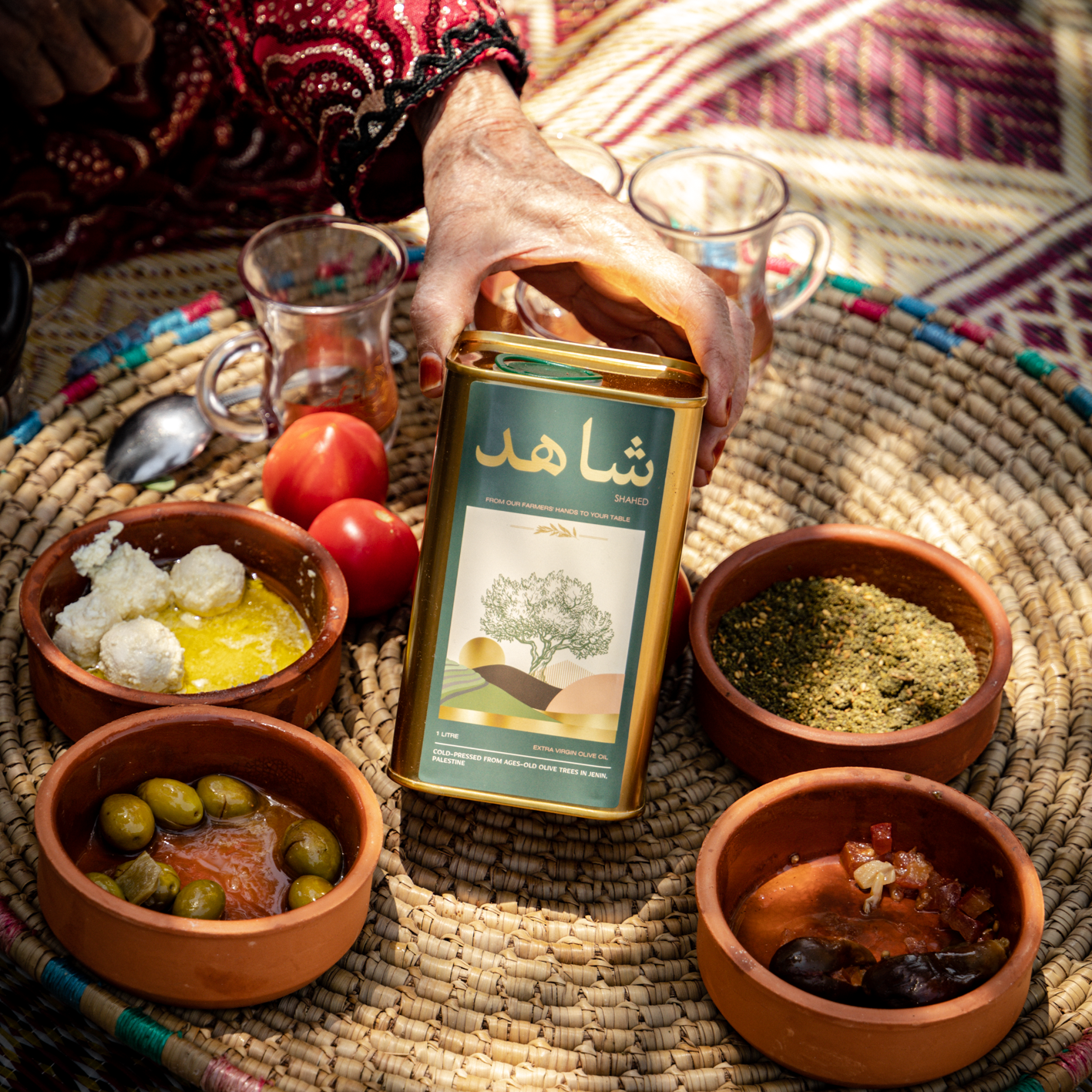
Food Sovereignty Part 2: how occupation controls Palestinian agriculture
In a recent blog on mangel ma Qoud, our newest project to support more artisans in occupied palestine, we talked about the meaning of Manjel ma Qoud and why we chose this name. For us, it is vital to acknowledge that cultural heritage is rooted in Palestinians' historic and sacred relationship to the land. And so we continue to reflect on Palestinian agriculture and culinary traditions but we do so through the framework of food sovereignty so let us begin with a discussion of what this word means, particularly in the context of the Palestinian struggle for liberation.
Food sovereignty basically means people and the communities they are in having control of their food systems. It is really talking about our right to have clean, nourishing food that is locally and seasonally grown. I like to parrot Michael Pollan and tell people, "You aren't what you eat. You are what you eat, eats." Unfortunately with mass produced foods that are imported from who knows where, we have no idea what was fed to our food and thus fed to us.
In Palestine, we are a captive market for Israeli exports. The Occupation controls our borders and thus international imports but also controls us locally, closing routes between cities and towns. What that means for our food is that the Occupation can block a truck or hold it in the sun until the produce rots. It can close roads for a week or permanently so specific areas cannot move their produce out to markets. It also claims the sole right to rainwater so that farmers are forbidden from harvesting this amazing resource. That means that Palestinian agriculture is largely limited to winter rain fall for irrigation.

When our local food systems are intentionally undermined and destroyed by the Israeli occupation, the result is our inability to produce enough food to sustain our population.
Enter Israeli lowest grade produce and products stage right. It renders us an easy (read captive) market for Israel to exploit. On any given day the main fruit and veg market in Ramallah called the Hisbe7 can claim around 70% of the available produce as being from Israeli sources. And when the Israelis seal the roads to the north where most of our agriculture lies, that percentage grows.
And as is the case for most colonized places, the diet is changed as the result of settler colonial histories. In Palestine that means that white rice, white flour and white sugar--all introduces as "relief" foods. Foods that are not native to Palestine where we are traditionally a wheat culture. Think "ancient grains" like the baladi wheat in the photo below. And when non indigenous foods are introduced as staples, and for many people as free staples, it ultimately shifts the culinary traditions and, more importantly, the health of the local population.

I recently talked with a BBC Radio journalist who said an Israeli settler told him to look out over the settlement's grape vineyard and see the evidence of how Israel made the desert bloom. I choked on my own saliva. He didn't even have the chance to ask my opinion.
Any colonizer can brag when they steal the local resources and traditional knowledge from the people and then actively undermine the occupied people's ability to farm--to harvest or access water, to access the land, to maintain their heirloom seeds, to export their harvests.







1 comment
Amazing article. Please post more about indigenous cultivars from Palestine. I know of someone in New York (?)that has a native Palestinian seed bank. Anything we can do to protect it is crucial for all people.
Heirloom Olives
Leave a comment
This site is protected by hCaptcha and the hCaptcha Privacy Policy and Terms of Service apply.